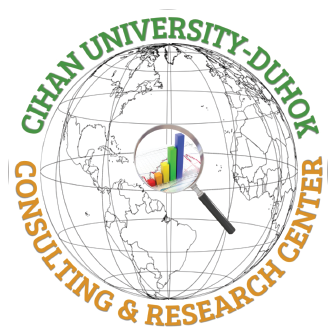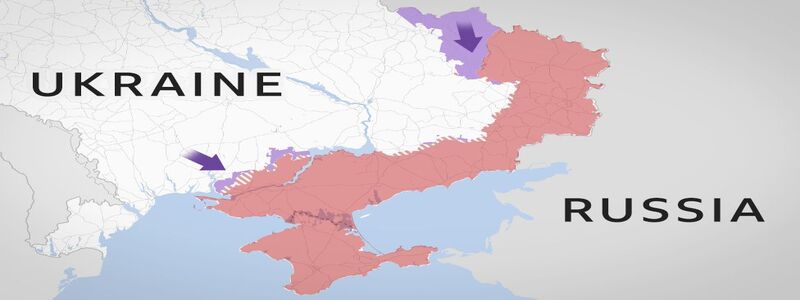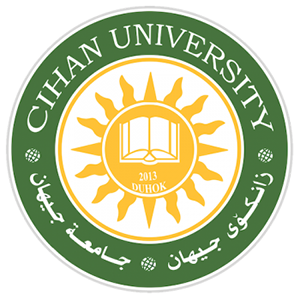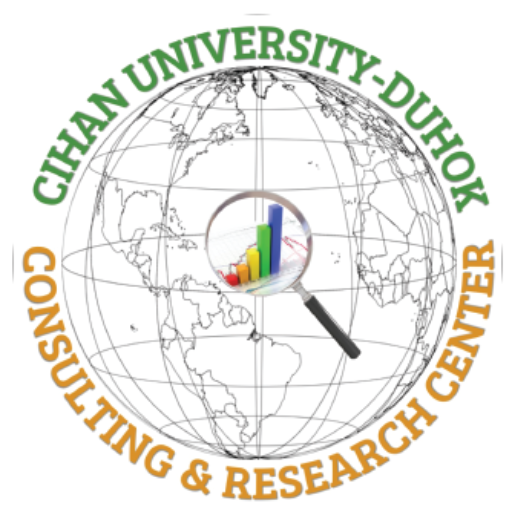In his St Petersburg apartment, university lecturer Denis Skopin shows me the document which has changed his life.
It’s headed: “Directive No.87/2D. Subject: Dismissal.”
Until recently Denis was associate professor at the Faculty of Liberal Arts and Sciences of St Petersburg State University. But on 20 October the university sacked him for “an immoral act incompatible with educational functions”.
What was this so-called immoral act? Participation in an “unsanctioned” rally.
On 21 September Denis joined a street protest against the Kremlin’s decision to draft Russians to fight in Ukraine. Earlier in the day, President Vladimir Putin had declared “partial mobilisation” across the country. During the demonstration Denis was arrested and spent 10 days in jail.
“Freedom of expression in Russia is in crisis,” Denis tells me. “All kinds of freedoms are in deep crisis.”
“After I was released from detention, I worked for three more weeks. The university sent me letters asking me to explain my absence. I replied that I’d been arrested for participation in a protest and put in detention. Then the Human Resources department called me and told me that I’d been sacked.”
On his final day at work, Denis’s students gathered outside the university to say goodbye.
In an impromptu speech (the video was posted online) he told them:
“What is an immoral act? Acting against your conscience and passively obeying someone else’s orders. I acted according to my conscience. I am sure that the future of our country belongs to you.”
The students broke into applause for their sacked teacher.
“I love my students very much,” Denis tells me. “They are very smart and they understand very well what is happening now in Russia. Their [show of] approval was not for me personally. Rather, it was disapproval of what is happening now in Russia.
“Many people in Russia don’t dare to protest because they risk being punished for it. But many would like to. And, for these people, providing approval to those who do protest is a way of disagreeing with what is happening in Russia.”
Denis Skopin’s story highlights not just the pressure which opponents of the Kremlin’s “special military operation” are coming under here. It also raises questions about Russia’s future.
“Locked up with me in the detention centre there were IT specialists, scientists, doctors, teachers and students. Many of them are now abroad. Like my cell-mate, a young talented mathematician.
“About 25% of my immediate colleagues have already left Russia. They left after 24 February. Some of them left immediately, some left after mobilisation was declared. I think Russia is losing the best people now. The most educated, the most energetic, the most critically thinking people are leaving the country. In short, Russia is going in the wrong direction.”
An uncertain future is not solely the consequence of the present. It is also the product of Russia’s past.
Across town a small group of St Petersburg residents is standing beside a monument to the victims of Joseph Stalin’s Great Terror of the 1930s.
The monument is made out of a large rock from the remote Solovetsky Islands, home to one of the most notorious forced labour camps of the Gulag. Solovki camp was set up to imprison political prisoners alongside other convicts.
People are queuing up at a microphone. They are taking it in turns to read out names of individuals who were arrested, condemned and executed in and around St Petersburg.
“Ekaterina Gansovna. Age: 46. Postal Worker.
Arrested: 9 December 1937.
Shot: 18 January 1938.
Yulia Stanislavovna. Age: 41. Pulp Factory Accounts Manager.
Arrested: 27 September 1937.
Shot: 21 December 1937.”












